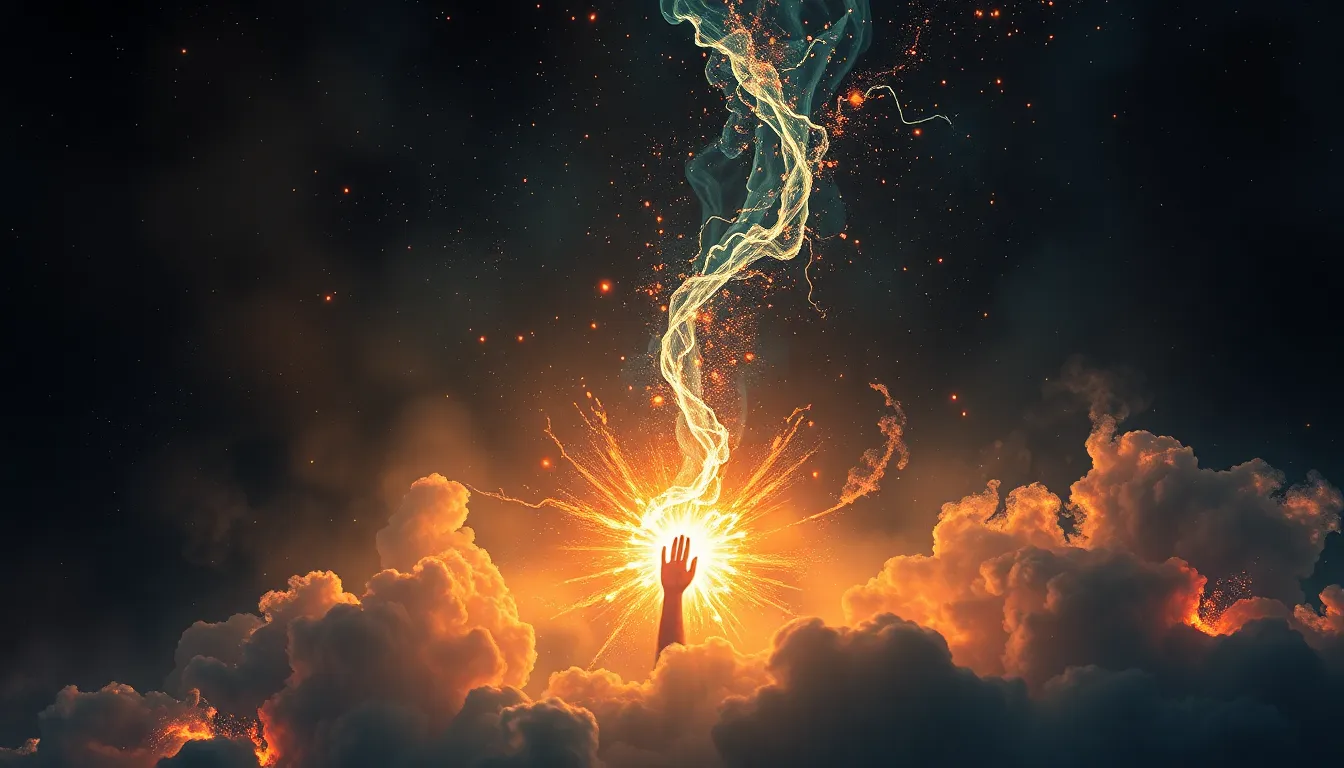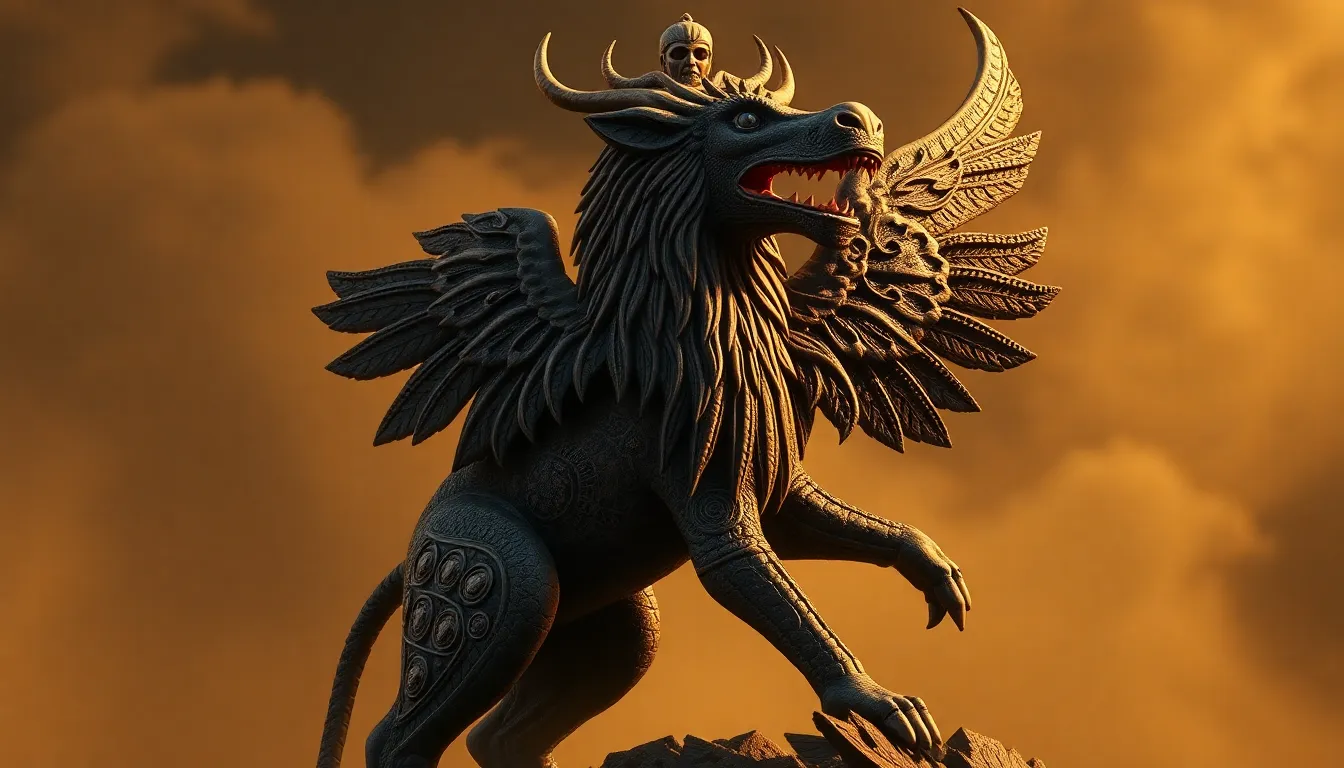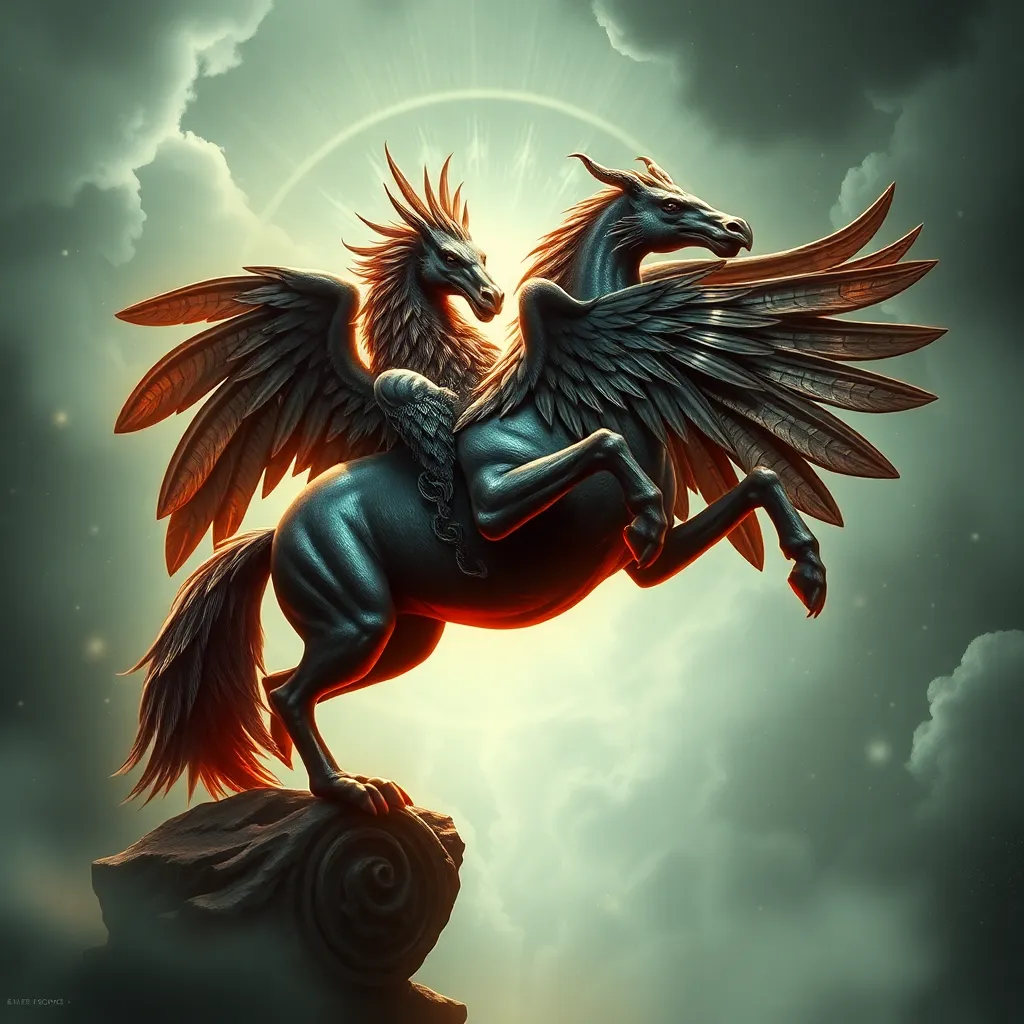The First Sparks: How Creation Myths Ignite Our Imagination
Introduction: The Power of Creation Myths
Creation myths are the stories that explain the beginnings of the universe, humanity, and life itself. They are found in every culture across the globe, serving as a foundational element of human experience. These myths not only inform us about how our ancestors understood the world but also ignite our imagination, allowing us to explore the complexities of existence and our place within it.
The role of imagination is paramount in human storytelling. It enables us to envision realities beyond our immediate experience and gives rise to narratives that shape our values, beliefs, and identities. Creation myths, in particular, tap into our deepest curiosities about the origins of life and the cosmos, offering not just explanations but also inspiration for creativity and philosophical thought.
Understanding Creation Myths: A Cross-Cultural Perspective
Creation myths vary widely across cultures, yet they share common themes and motifs. For instance:
- Judeo-Christian Tradition: The Book of Genesis narrates God’s creation of the world in six days, emphasizing the power of divine will and order.
- Hindu Mythology: In Hinduism, the universe undergoes cycles of creation and destruction, with deities like Brahma and Vishnu playing pivotal roles in these processes.
- Indigenous Myths: Many Indigenous cultures have creation stories that reflect their relationship with nature, often emphasizing harmony and balance.
Despite the differences, these myths often explore themes of chaos versus order, the importance of the natural world, and the interconnectedness of all beings. This commonality suggests a shared human quest for understanding and meaning.
The Psychological Impact of Creation Stories
Creation myths significantly influence individual and collective identities. They provide narratives that help people make sense of their existence and their place in the world. The psychological need for origins and belonging is deeply rooted in human nature; we seek to understand where we come from, both literally and metaphorically.
These stories often serve as a means of cultural cohesion, linking generations and fostering a sense of community. By sharing these narratives, societies pass down values, morals, and beliefs that are crucial for social stability and identity formation.
Symbolism in Creation Myths: Unpacking the Metaphors
Creation myths are rich in symbolism, with various elements representing fundamental human experiences and emotions. Key symbols include:
- Chaos: Often depicted as a formless void, chaos represents the unknown and the potential for creation.
- Order: The establishment of order from chaos signifies the imposition of structure and meaning in life.
- The Primordial Egg: This symbol appears in many cultures, representing the potential for life and the universe’s beginnings.
These symbols resonate with our own experiences of growth, transformation, and the search for meaning, making creation myths profoundly relevant to the human condition.
Creation Myths and the Birth of Imagination
Creation myths play a crucial role in the development of creativity and imagination. They inspire artists, writers, and musicians to explore themes of existence and the universe through various forms of expression. For example:
- Literature: Works like Mary Shelley’s “Frankenstein” and C.S. Lewis’s “The Chronicles of Narnia” draw heavily from creation themes.
- Painting: Artists like Michelangelo and Salvador Dalí have used biblical and mythological creation stories to explore human existence and divinity.
- Music: Compositions like Gustav Holst’s “The Planets” evoke the grandeur of creation and the cosmos.
Through these artistic expressions, creation myths continue to inspire and shape cultural narratives, allowing each generation to reinterpret the origins of life and existence.
Science vs. Myth: The Dialogue Between Creation Myths and Cosmology
The relationship between scientific explanations of the universe and mythological narratives is complex. While science seeks to provide empirical answers to questions about the origins of the universe, creation myths offer a different type of understanding rooted in human experience and imagination.
Rather than being mutually exclusive, myths and science can coexist. Myths can inspire wonder and curiosity, prompting scientific inquiry. For instance, the Big Bang theory, while a scientific explanation, evokes a sense of awe that is similar to that found in creation myths.
The Evolution of Creation Myths in Modern Culture
In contemporary society, ancient creation myths are often reinterpreted and reimagined. Modern literature, film, and art draw on these themes to address current issues and existential questions. Examples include:
- Literature: Novels like “American Gods” by Neil Gaiman blend traditional myths with contemporary life, exploring themes of belief and identity.
- Film: Movies like “Interstellar” incorporate cosmic themes that echo creation narratives, inviting viewers to ponder the nature of existence.
- Art: Modern installations often reflect on creation myths, using multimedia to explore the intersection of science, spirituality, and imagination.
These reinterpretations highlight the enduring relevance of creation myths in addressing the complexities of modern life.
The Role of Creation Myths in Spiritual and Philosophical Thought
Creation myths profoundly influence spiritual beliefs and existential questions. They provide frameworks for understanding life, death, and the universe’s purpose. Philosophically, these narratives prompt us to consider the nature of existence and our relationship with the cosmos.
By engaging with creation myths, individuals can explore their beliefs about creation, morality, and the interconnectedness of life, shaping their spiritual and philosophical outlooks.
Preserving Creation Myths: The Importance of Oral Tradition
Storytelling is a vital means of preserving creation myths. Oral traditions have kept these narratives alive for centuries, passing them down through generations. However, the rise of technology and globalization poses challenges to this preservation.
While technology offers new platforms for sharing these stories, it also risks diluting their meaning and context. It is essential to balance modernity with the rich heritage of oral traditions to ensure these myths continue to resonate with future generations.
Conclusion: The Enduring Legacy of Creation Myths
Creation myths hold an enduring legacy in today’s world. They remain a source of inspiration, creativity, and understanding. As we navigate the complexities of life and existence, these narratives continue to spark our imagination and shape our perspectives on the universe.
In a time when questions of identity, purpose, and belonging are more relevant than ever, engaging with creation myths can provide valuable insights and foster a deeper appreciation of our shared human experience.



